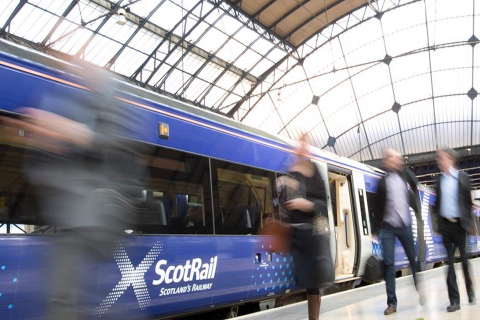England’s ticket offices saved after government aborts mass closure plan

The people have spoken in a furious response to a consultation. A petition to parliament, signed in unprecedented numbers, has forced an abandonment of government plans to close hundreds of ticket offices at stations across England. The news has been met with cautious joy from passengers, representative groups and trades unions. However, the sudden reversal of the plans has left train operating companies indignant. They had already made extensive plans to implement the closures at the behest of government directives.
Want to read more?
You have read all of your free premium articles for this month. Please become a subscriber to keep reading.
Subscribe now!
Take advantage of our exclusive offer to get full access to all premium content.





Here’s me thinking that this was all meant to distract people from the cancellation of HS2…